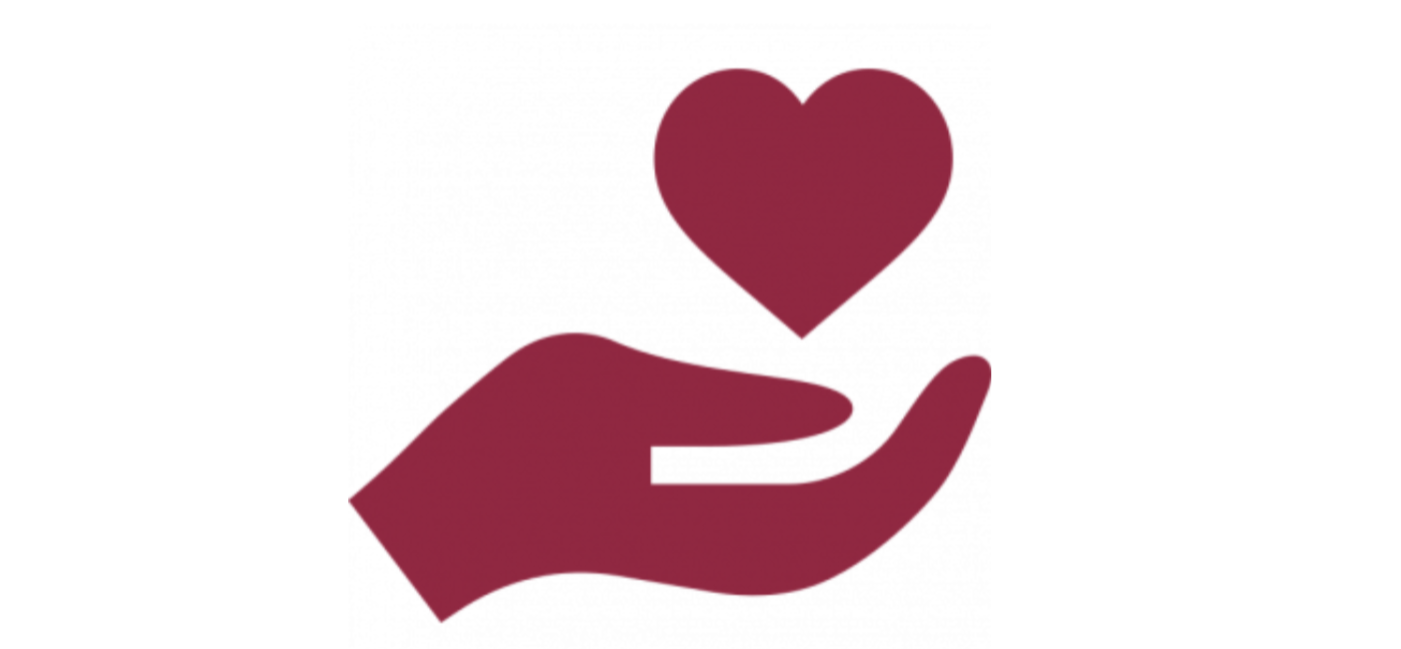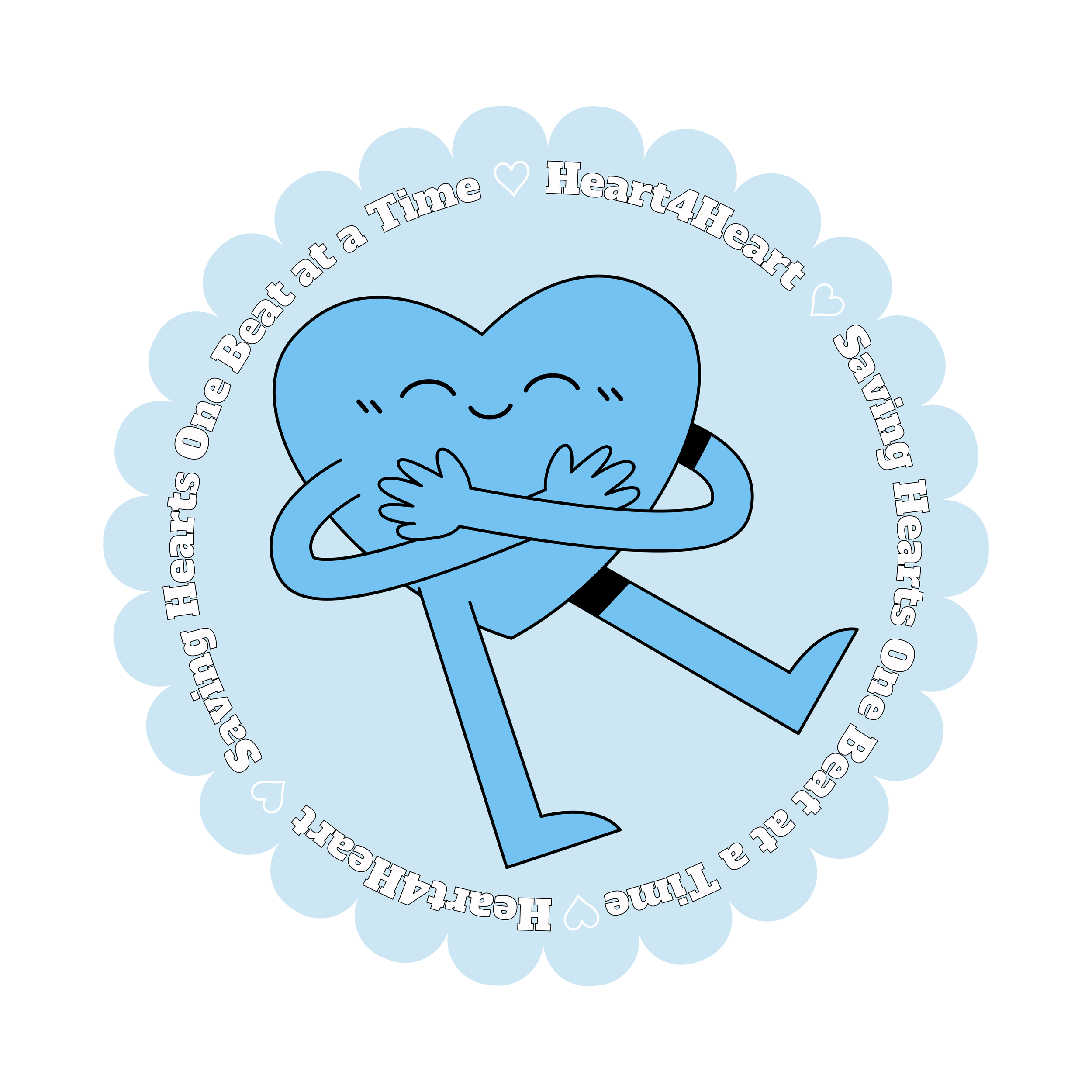Congenital Heart Disease (CHD) is a heart condition present at birth, affecting the heart’s structure and function. It can involve holes in the heart, narrowed valves, or abnormal blood vessels.
Types of CHD:
Holes in the Heart: Atrial Septal Defect (ASD) and Ventricular Septal Defect (VSD).
Narrowed Valves or Arteries: Pulmonary Stenosis, Aortic Stenosis, Coarctation of the Aorta.
Serious Defects: Tetralogy of Fallot (TOF), Transposition of the Great Arteries (TGA), Hypoplastic Left Heart Syndrome (HLHS).
What Is CHD ?
What are the Numbers?
CHD is the #1 birth defect worldwide
About 1.35 million babies are born with CHD each year across the world
24 per 1000 children are born with CHD in the Philippines
1 out of 24 children dies due to lack of access to medical care and financial difficulties in the Philipines
Risks Factors?
Genetics
CHD is associated with many genetic syndromes. Example: children with Down syndrome often have CHDs. Genetic testing can detect Down syndrome and some other genetic conditions whie a baby is still in the mother’s womb.
Having type 1 or type 2 diabetes during pregnancy also may affect a baby’s heart development. Gestational diabetes generally doesn’t increase the risk of congenital heart disease.
Smoking
It is recommended to quit smoking. Smoking, especially during pregnancy, increases the risks of CHD.
Diabetes
Drinking alcohol during pregnancy has been linked to an increased risk of heart defects in the baby.
Alcohol
It is recommended to let your health care provider know about the medications you take. Taking certain medications during pregnancy can cause CHD and other birth defects. Medications linked to heart defects include lithium (bipolar disorder treatment) and isotretinoin (acne treatment).
Medications
What are Symptoms of CHD?
Babies born with CHD might not show signs or symptoms at first. Some children don’t have any symptoms until much later (most common in less severe CHD conditions). After a normal-seeming checkup, many children are sent home and only develop symptoms in the upcoming months of life. Some of these signs/symptoms include.
Irregular heart rhythms (arrhythmias)
Rapid breathing, espacially when feeding the baby
Tiredness and fatigue (especially after activity)
Blue skin, lips and/or fingernails
Shortness of breath
Swelling of the body
.


